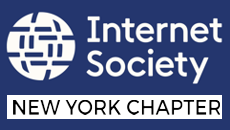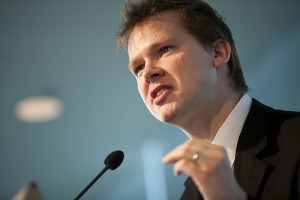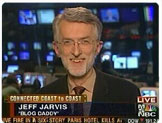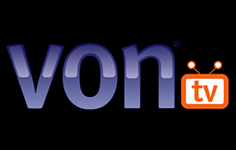[From Sally Shipman Wentworth , Internet Society VP of Public Policy]
Today the eyes of many people around the world have been focused on Washington, DC, as (http://www.fcc.gov/events/
The Internet Society has always supported the fundamental values of a global, open Internet grounded in transparency, access and choice. We believe that openness should be the guiding principle that continues to enable the success and growth of the Internet. The goals of the U.S. Federal Communication Commission’s (FCC) Open Internet Order – providing U.S. consumers with meaningful transparency, addressing concerns over blocking and discrimination, clarifying the role of reasonable network management, and enabling the permissionless innovation that has led to the success of the Internet today – are all really important.
However, if we look at this in light of a range of proposals around the world that aim to apply policies designed for telecommunications networks and services to the Internet, we consider it possible that such an approach could result in the opposite consequences. We realize that there are unique legislative and procedural challenges in the U.S., but we are concerned with the FCC’s decision to base new rules for the modern Internet on decades-old telephone regulations designed for a very different technological era.
Regulatory approaches that could affect the sustainability of the global, open Internet need to take into account the technical reality of how networks are operated and managed. Allowing the necessary technological flexibility to keep pace with rapid innovation is integral to ensuring the continued growth and success of the Internet. We believe we need to be careful that this flexibility is not undermined by the use of a regulatory framework designed to govern the old telecommunications system.
The explosive innovation that has occurred over the last two decades has allowed for communities across the world to participate in and benefit from connectivity, both socially and economically. Promoting Internet access and availability is integral to the success of our digital future, and global public policies should continue to be guided by (http://www.internetsociety.
As a global organization, we recognize that the FCC’s decision today applies only to the United States, but we also realize that other nations may look to the FCC’s ruling as a model for their own regulations. For that reason it’s critical to us that regulations of this nature be compatible with the principles that have led to the innovation and opportunity that are the hallmarks of today’s global Internet.
We know that these are complex issues and that working to maintain the benefits of an open Internet presents us all with an ongoing challenge. We look forward to reviewing the full text of the FCC’s Order once it’s released.






 The NYC Council Tech Committee recently held a public hearing after the Broadway and TV industries lobbied for a resolution urging the FCC to withhold approval of White Space Devices (WSDs) for broadband access – the concern being that they would interfere with wireless microphones and DTV transmissions
The NYC Council Tech Committee recently held a public hearing after the Broadway and TV industries lobbied for a resolution urging the FCC to withhold approval of White Space Devices (WSDs) for broadband access – the concern being that they would interfere with wireless microphones and DTV transmissions

 Pulvermedia’s VON TV service will
Pulvermedia’s VON TV service will 